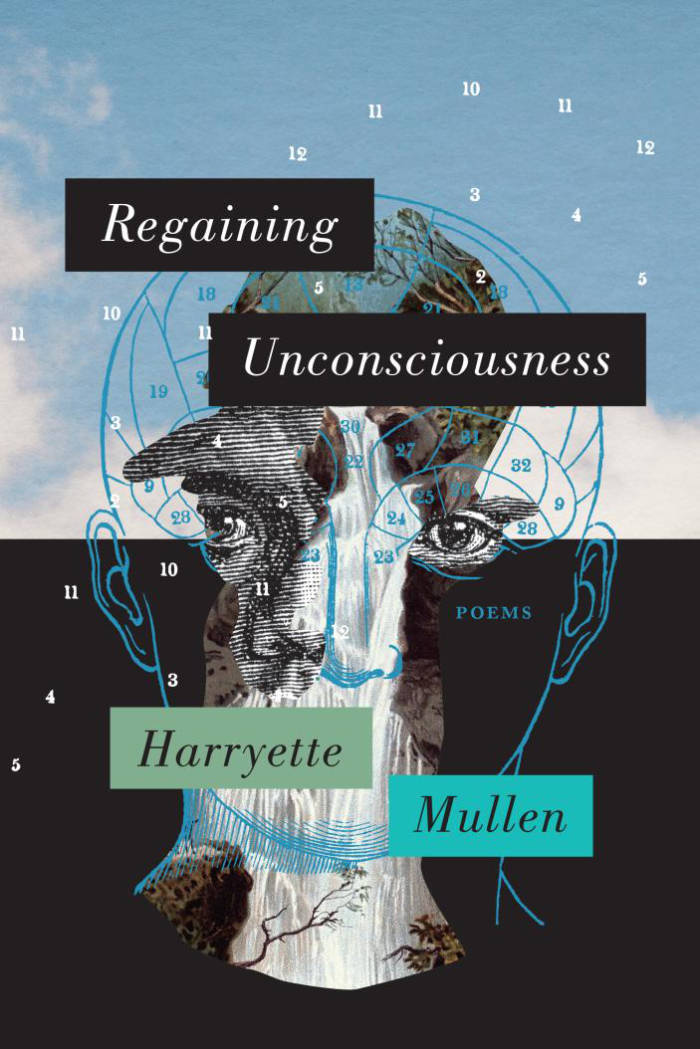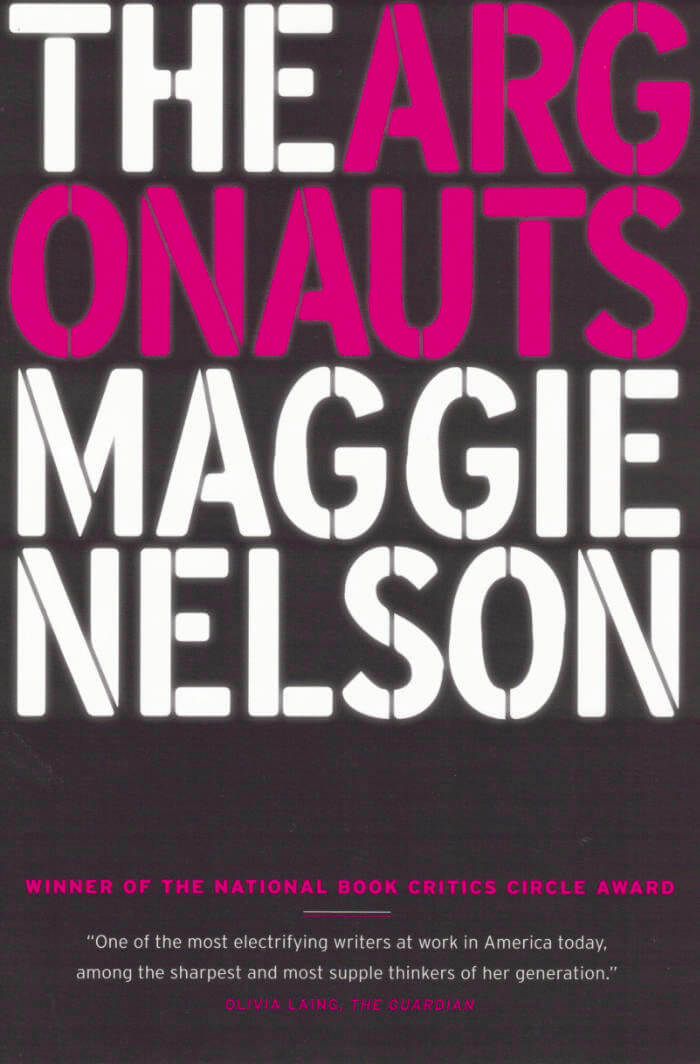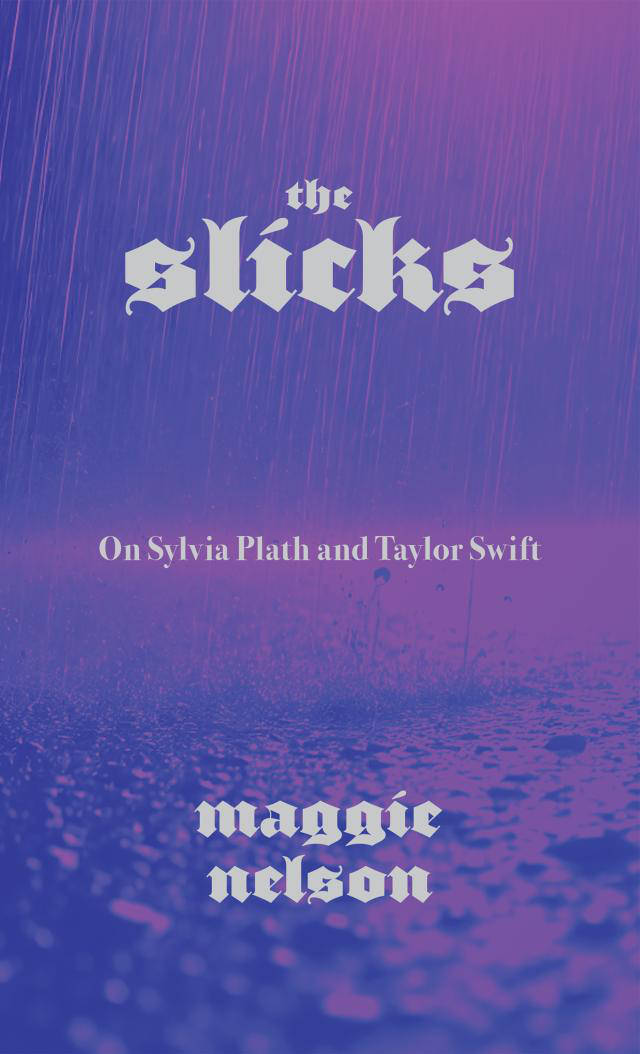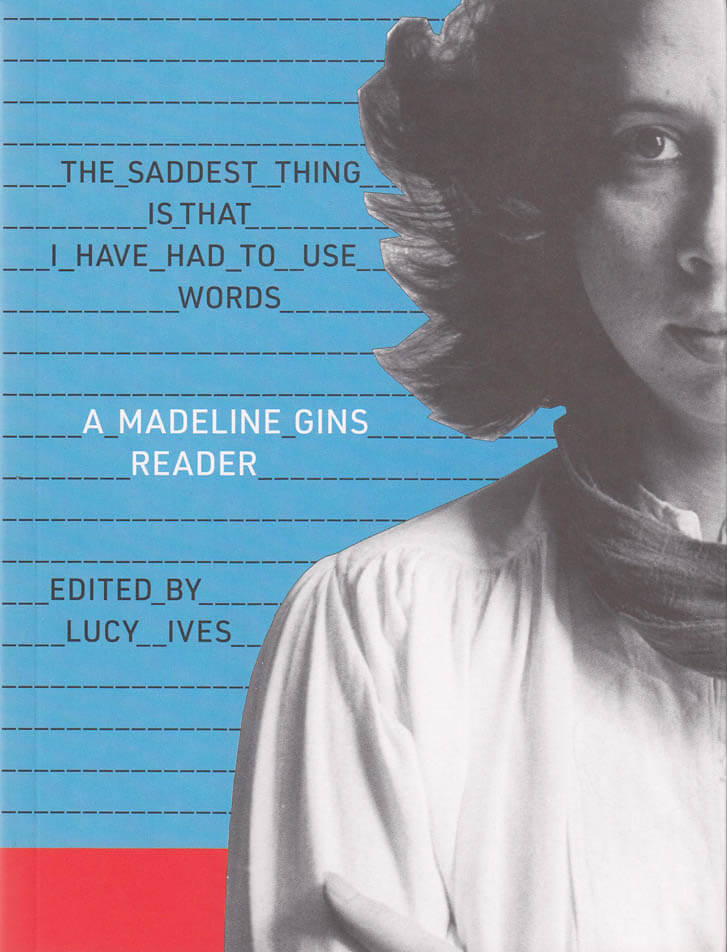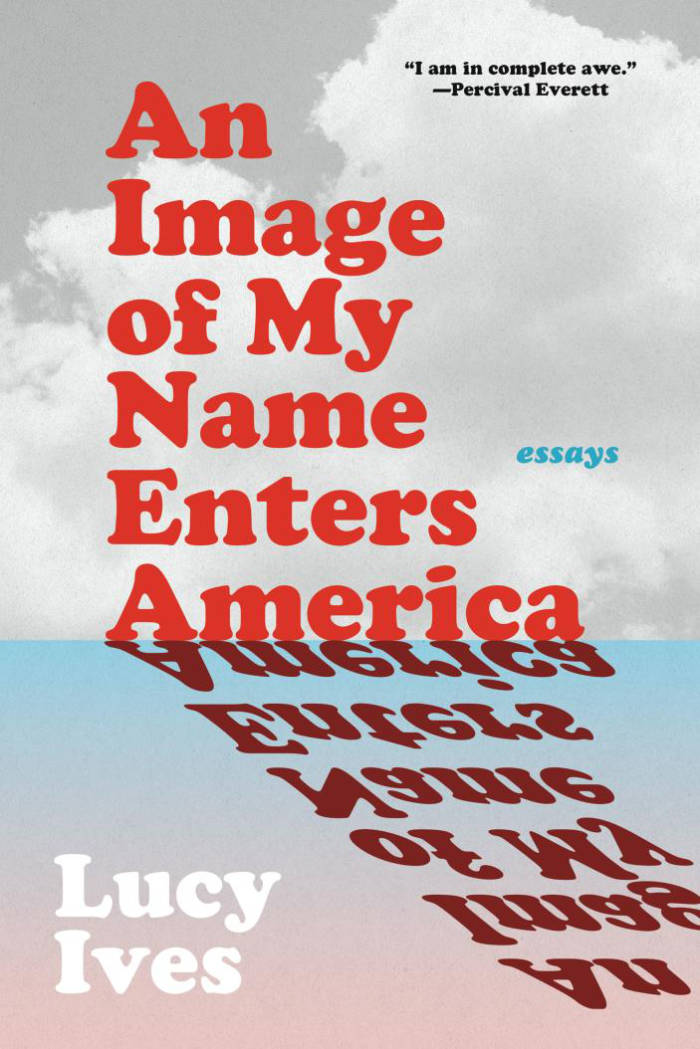
An Image of My Name Enters America: Essays
What would you risk to know yourself? Which stories are you willing to follow to the bitter end, revise, or, possibly, begin all over? In this collection of five interrelated essays, Lucy Ives explores identity, national fantasy, and history. She examines events and records from her own life―a childhood obsession with My Little Pony, papers and notebooks from college, an unwitting inculcation into the myth of romantic love, and the birth of her son―to excavate larger aspects of the past that have been suppressed or ignored. With bracing insight and extraordinary range, she weaves new stories about herself, her family, our country, and our culture. She connects postmodern irony to eighteenth-century cults, Cold War musicals to a great uncle’s suicide to the settlement of the American West, museum period rooms to the origins of her last name to the Assyrian genocide, and the sci-fi novel The Three-Body Problem to the development of modern obstetrics. Here Ives retrieves shadowy sites of pain and fear and, with her boundless imagination, attentiveness, and wit, transforms them into narratives of repair and possibility.
Language: English
